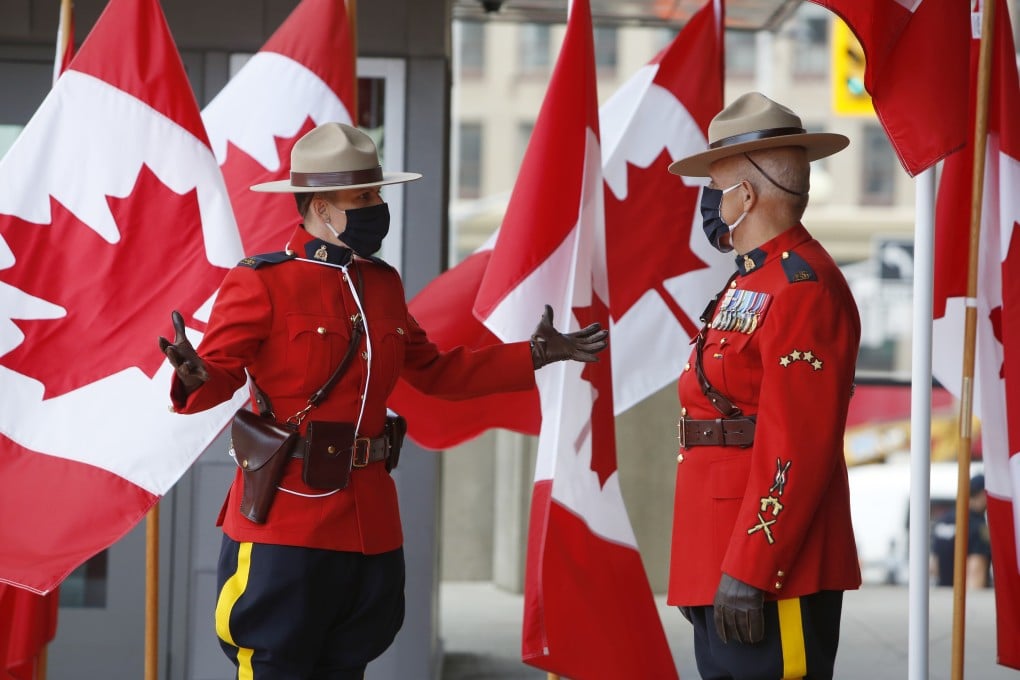Letters | Canadian police’s refusal of street checks holds a lesson for Hong Kong
- The fact that police forces in Ontario would not follow a directive indicates a key difference in the evolution of police powers in Canada and China

On the afternoon of April 16, the Ontario government announced that it would be allowing police to randomly stop pedestrians and motorists and ask them where they lived and why they were away from their residence. This was part of an effort to enforce a stay-at-home order to combat Covid-19. It amounted to a reintroduction of random street checks which were abolished throughout Ontario in 2017.
The new authority given to police was vehemently opposed by civil liberties groups and many citizens. By early April 17, many municipal police forces, including in Toronto and Ottawa, said they had no intention of exercising this new power.
It is quite rare for police forces to refuse to exercise the authority given to them by provinces, and it is unlikely they would have done so a few decades ago. By the afternoon of April 17, the provincial government had reversed its decision and limited this new authority to checks on those apparently involved in an organised public event or social gathering.
The fact that multiple police forces refused to follow a provincial directive indicates a fundamental difference in the evolution of police powers in Canada and China. It is likely to be many years before mainland or Hong Kong police refuse to follow a government directive simply because it might violate civil liberties or annoy the public.
Bruce Couchman, Ottawa, Canada
Hong Kong’s correctional officers have an important mission
